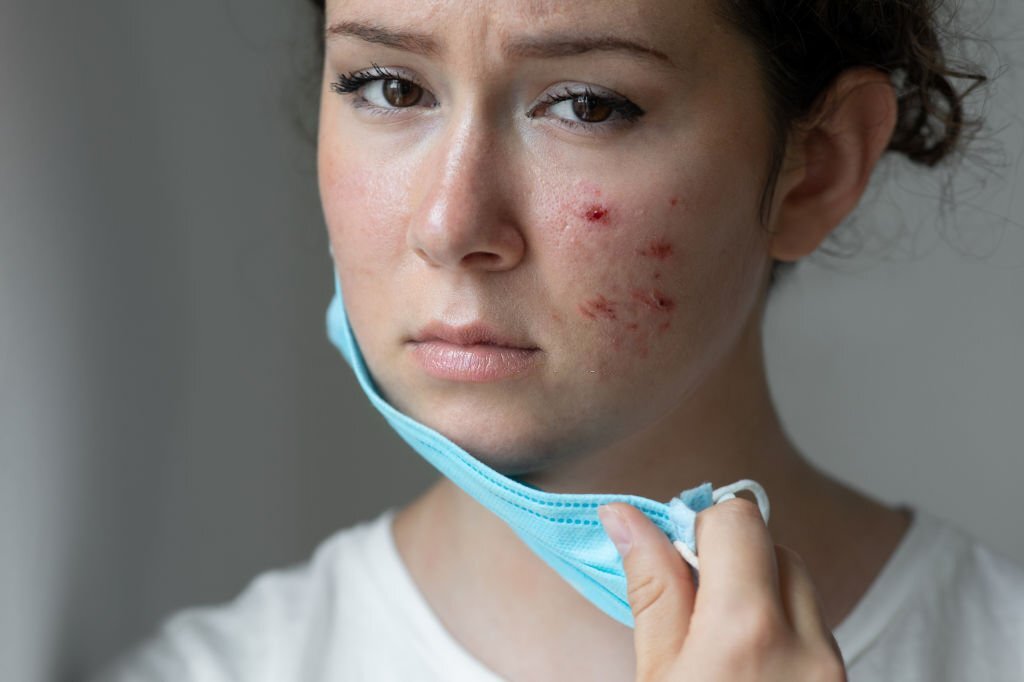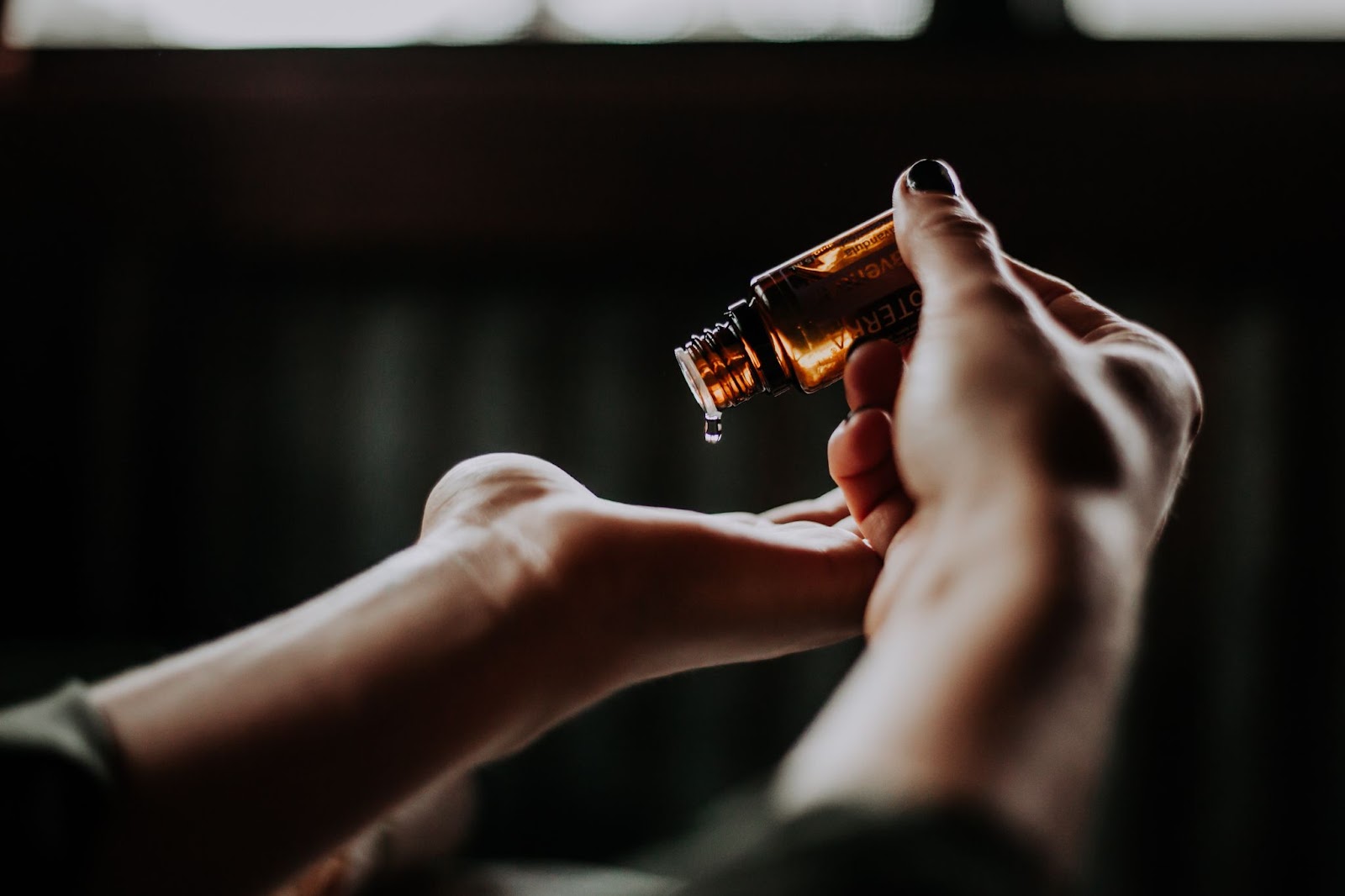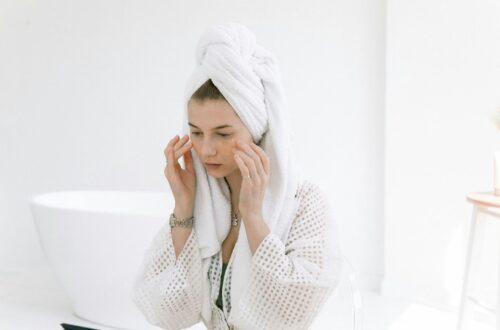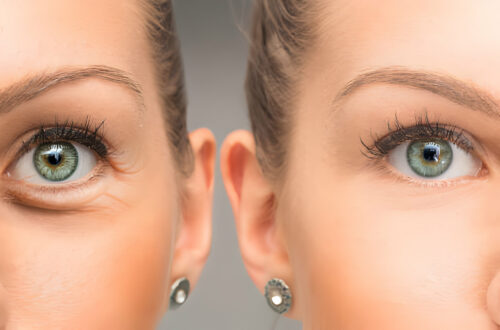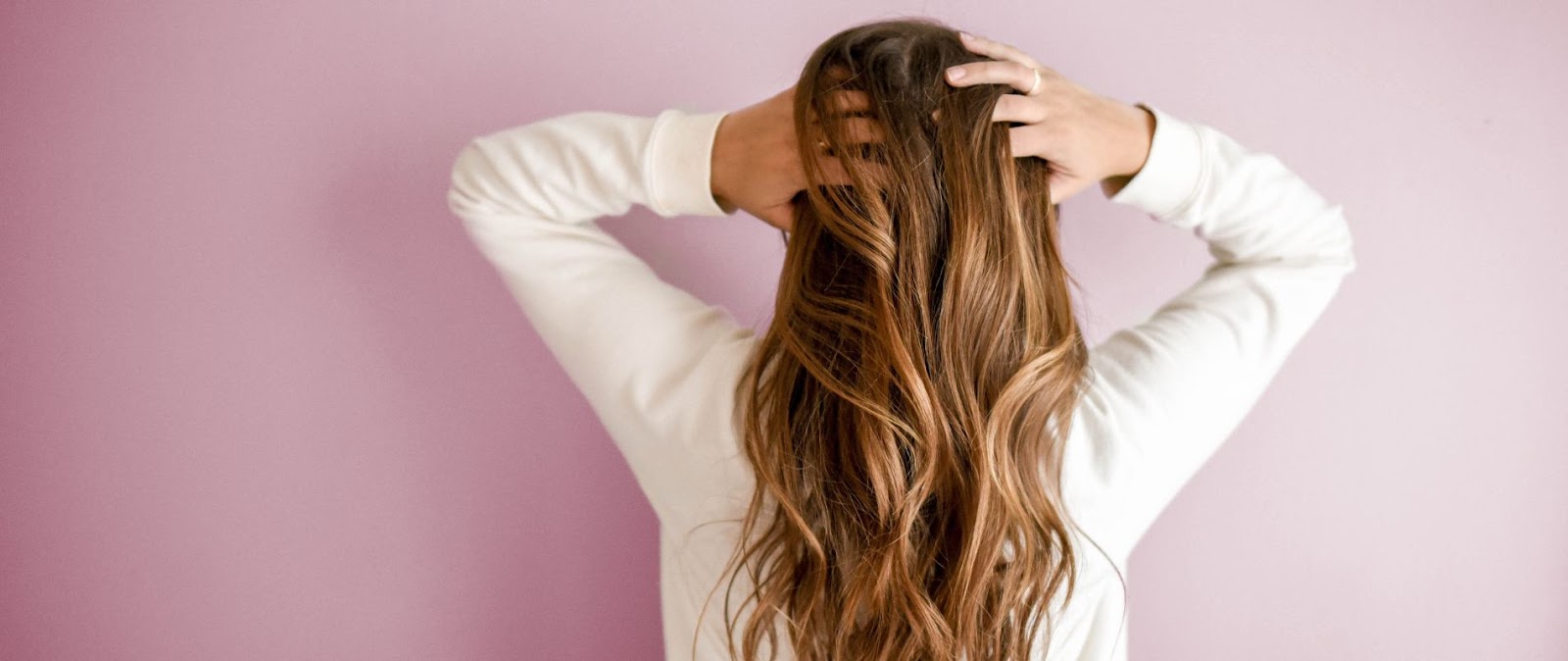Are your pimples getting worse? Is it because of your treatment method? Are you worsening your acne?
Do you tend to pop your pimples, or use baking soda, toothpaste, lemon juice, or rubbing alcohol to treat your pimples?
Is your treatment method not having any effect?
Many teens and young adults tend to face severe problems with their skin, which breaks out in the form of pimples and acne. This skin condition seems to affect their self-esteem poorly. Many solutions to the problem “popped” up, and all the young are keen to try everything to make their pimples disappear.
Sadly, some of these solutions don’t always work and waste money and effort. Some also tend to worsen their skin condition even further. So I prepared a list of all the treatments which have a terrible effect on pimples or acne.
Let’s see what treatment methods are harmful to pimples and check if you’ve used the wrong methods. It is high time to ensure that you have not been duped by people on social media recommending the wrong treatment for your skin.
What Are You Doing Wrong?
Here are all the surprising home remedies for pimples that seem to harm the skin.
1 – The Dangers Of Rubbing Alcohol
Rubbing alcohol or hydrogen peroxide to clean the pimples, control oily skin, or prevent acne break out, is pointless and detrimental to the skin and worsens your break-out.
2 – Avoid Tanning
Tanning in the sun or fake tanning may help the pimples and acne look better. However, experts say the effect is only temporary, and the sun’s UV rays are very harmful. Also, fake tanning products usually contain toxic chemicals which affect acne.
The rays worsen acne and cause more severe and painful breakouts. Wear protective clothing to protect against harmful rays, and don’t forget your mineral sunscreen.
If you want a fake tan, look for products without alcohol, sunless active ingredients, bronzers, and moisturizers. Tanners with thick textures can also clog your pores, so try to avoid those.
3 – Stop Scrubbing
People with acne or newborn pimples tend to wash their faces multiple times, scrubbing their faces with soap, sometimes even using a loofah. It is one of the worst things you can do because it irritates the skin.
Gentle is the way to go. Use a mild non-comedogenic cleanser, softly lukewarm water to wash it, and dry it with a clean, soft towel by tapping the wet area.
4 – Too Many Treatment Switches
People looking for quick results tend to try multiple acne-treating creams at once, not giving them proper time to work. Some good creams also tend to worsen acne before the skin adjusts to it to allow healing. It also causes people to negatively evaluate the product and move on to a new one.
Try to give the product a 4-month trial period to decide. Always consult a dermatologist before switching to a new cream.
5 – Witch Hazel, Friend, Or Foe?
This FDA-approved toning herb has proven effective in treating pimples and acne. However, several accounts also suggest otherwise. It removes excess oil from the skin, but this property also dries the skin, which causes the body to release more oil leading to more break-outs.
Test a small patch of skin before application. If the skin becomes irritated, try toners with salicylic acid or glycerin.
6 – Too Acidic
Some people also recommend vinegar and juices of citrus fruits as cleansing and anti-bacterial agents. But, this is not recommended by experts because it would irritate the already sensitive skin. In some cases, it can also cause rashes that cause discoloration.
7 – Tea Tree Oil
Tea tree oil is another popular remedy, although some experts recommend diluting it with another oil to prevent rashes before applying it to the face. Also, make sure the tea tree oil you are buying is original.
8 – Pimple Patches
One of the most trendy treatment methods influencers and celebrities also use is pimple patches. It is a small bandage that absorbs oil, dirt, and pus from pimples on the face. It traps the moisture inside to help in the healing process.
However, they don’t usually help. People with sensitive skin have also reported that the glue to the patches irritates the skin.
9 – Change Your Oil Cleansers
These cleaners are only suitable for extremely oily skin because they remove moisture, leaving it dry. The body releases more oil to remedy the dryness, which is more harmful to the skin. Changing oil cleansers with gentle ones might be more effective.
10 – Leave The Baking Soda In The Kitchen
Baking soda is found to have dangerous long-term effects when applied to pimples and acne on the face. Some experts have strictly prohibited its use. When people mix it with water, it becomes alkaline which you should never apply on the face as the pimples and acne react badly to an alkaline.
11 – Say No To Visine
Visine is mainly used to remove redness of eyes and is generally advised for newborns or red pimples. Experts have strictly debunked this theory. They claim that it will not do anything to remove the redness or work to help the skin in any way. They also believe that Visine can irritate the skin further and cause pimples to stay longer.
12 – Toothpaste For Teeth Only
Some time ago, many people were fascinated by the idea of toothpaste on pimples overnight. It was presented as one of the best home remedies for pimples.
Experts recently refuted this claim. Although toothpaste serves the same function for the teeth and mouth, the skin is much more sensitive to the chemicals present in toothpaste.
Users found the anti-bacterial ingredients to aggravate the skin and clog the pores. Toothpaste with fluoride can even cause small pimples near the mouth.
13 – Resist The Temptation Of Pimple Popping
Don’t use your hands or any tool to pop those pimples on your own. Popping the pimple and removing the gunk inside may seem like the right way to remove it, but it is most definitely not. The fluid and bacteria inside a pimple touching another skin can contribute to other pimples.
Popping, squeezing, extracting, and touching pimples are all prohibited due to their adverse effects. Squeezing the different types of pimples on the face, zits, pimples, acne, etc., usually cause inflammation and can lead to tearing, scarring, skin pigmentation, or infection. All experts have advised not to indulge in pimple-popping, no matter how satisfying it may be.
Bottom Line
If you tend to use any of the treatments mentioned above, please seek a dermatologist’s advice on removing them naturally and permanently before using any DIY method.

